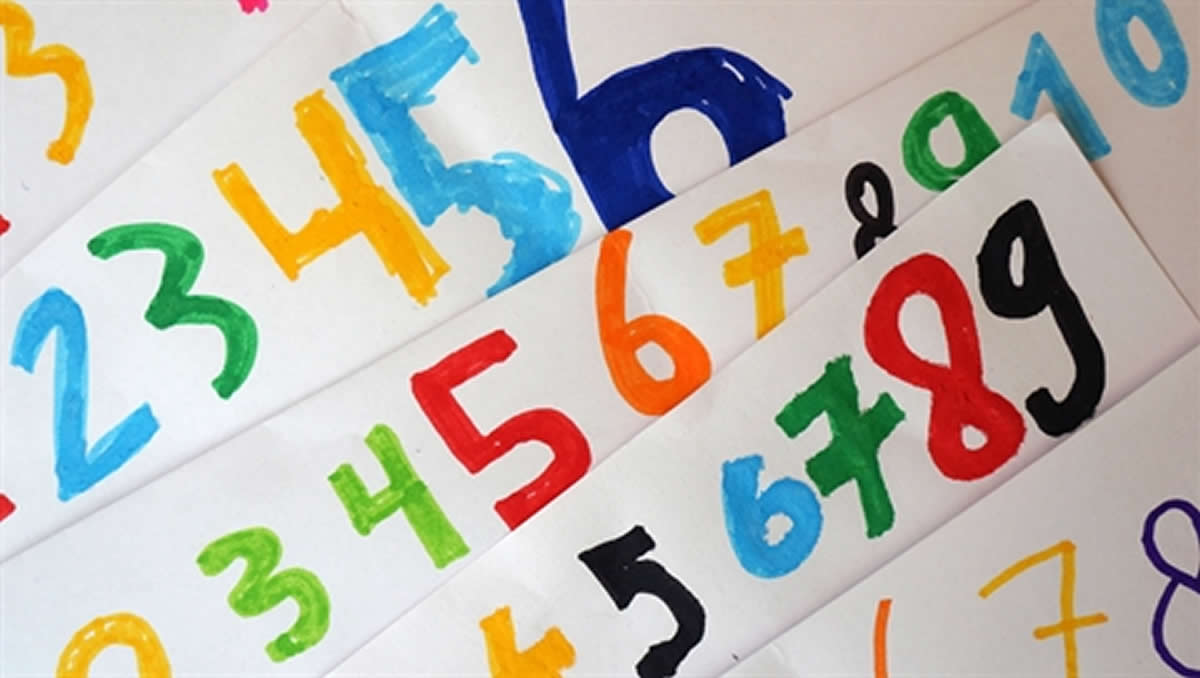Four in hundred people have a special mix up of their senses, called synesthesia. A new app from Radboud University contains four playful tests for synesthesia. Should you happen to have Synesthesia, you might be invited to participate in further research.
Synesthetes ‘taste’ sound for example, or more common, they perceive certain concepts, such as letters, numbers, days of the week or months as inherently coloured. The new app SynQuiz, from Radboud University, contains four playful tests for synesthesia. The app is available at the App Store and the Google Play Store (for smartphones and tablets).
Synesthesia research
Many synesthetes are not aware that their perceptions are unusual and are often surprised to find out that others do not think of letters or numbers in colours. SynQuiz tests this ‘grapheme-colour’ synesthesia. The first three short quizzes in the app are designed to give a taste of what synesthesia might be like and to find out whether you might be experiencing it yourself.
The longer letters/numbers test gives an indication whether your type of synesthesia is suitable for the ongoing genetic studies. If so, the researchers might invite you to provide a small sample of saliva, from which they can obtain your DNA.

SynQuiz is based on a research programme in the Language and Genetics Department at the Max Planck Institute for Psycholinguistics, based at Radboud University campus in Nijmegen, the Netherlands.
Language in Interaction project
SynQuiz was developed by the research consortium Language in Interaction, which aims to explain variation and similarities in languages as well as in linguistic skills. The consortium aims to gain understanding of how such a large range of (cultural) differences have arisen from a biological basis that is common to all people.
More language apps
The research results of Language in Interaction are translated into applications for society in areas such as education and health. Currently a range of language apps are developed, including games. An app that helps patients with aphasia to find words is already available in the App Store.”
The app created by the researchers is available for both Apple and Android devices.
Contact: Science communication team – Radboud University
Source: Radboud University press release
Image Source: The image is credited to Katerina Kucera and is adapted from the Radboud University press release






